
Does Myopia “Go Away” with Age?
Can Nearsightedness “Go Away” with Age? Many people believe that as they get older, their eyes will become farsighted due to aging, balancing out their nearsightedness and eventually eliminating it. However, according to ophthalmologists, this is entirely incorrect. The eyes cannot naturally recover from myopia with age—myopia and presbyopia are two completely different conditions that […]

Is It Necessary to Wear Glasses for 1-Degree Myopia?
What Is Mild Myopia? Myopia (nearsightedness) is one of the most common refractive errors, occurring when light focuses in front of the retina instead of directly on it. This causes people to see nearby objects clearly but distant ones appear blurry. Those with myopia often struggle to read the board, drive, or recognize objects from […]
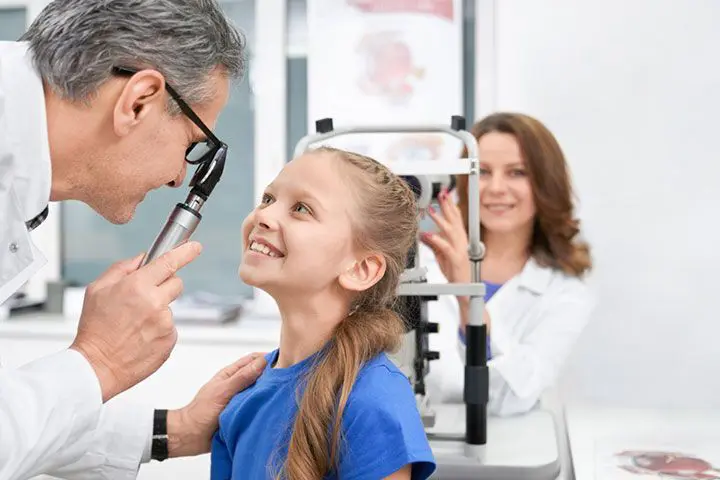
When Should You Take Your Child for Their First Myopia Checkup?
The Importance of Regular Eye Exams for Children According to the American Academy of Ophthalmology (AAO) and the World Health Organization (WHO), myopia is increasing rapidly worldwide, especially among Asian children. In Vietnam, the rate of school myopia ranges from 25–40% among primary students and up to 70% in secondary school. This shows that regular […]
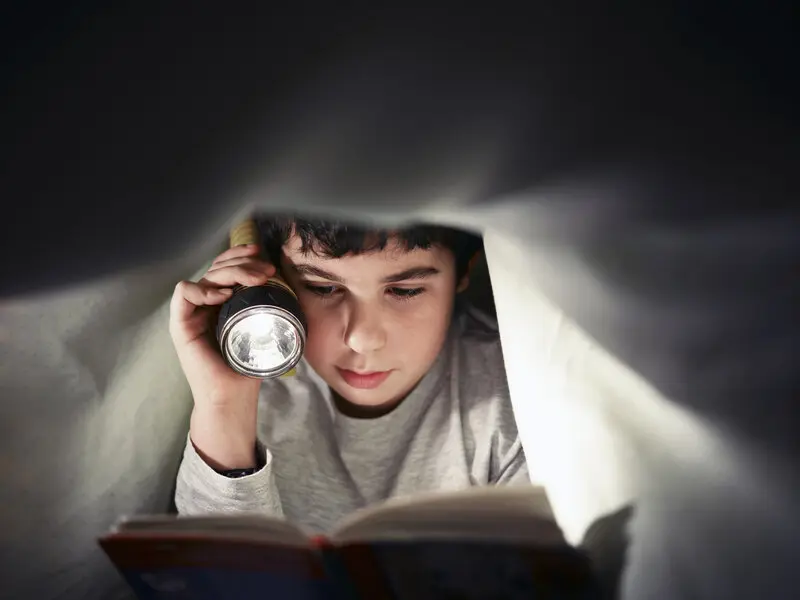
What Is the Safe Reading Distance for Your Eyes?
Medical Recommendations on Reading Distance According to the Journal of the Eye (2015), the ideal reading distance is 30–40 cm for children and 35–45 cm for adults. This range allows the eyes to maintain a moderate accommodative state, preventing the ciliary muscles from over-contracting — a primary cause of eye strain and myopia progression. An […]
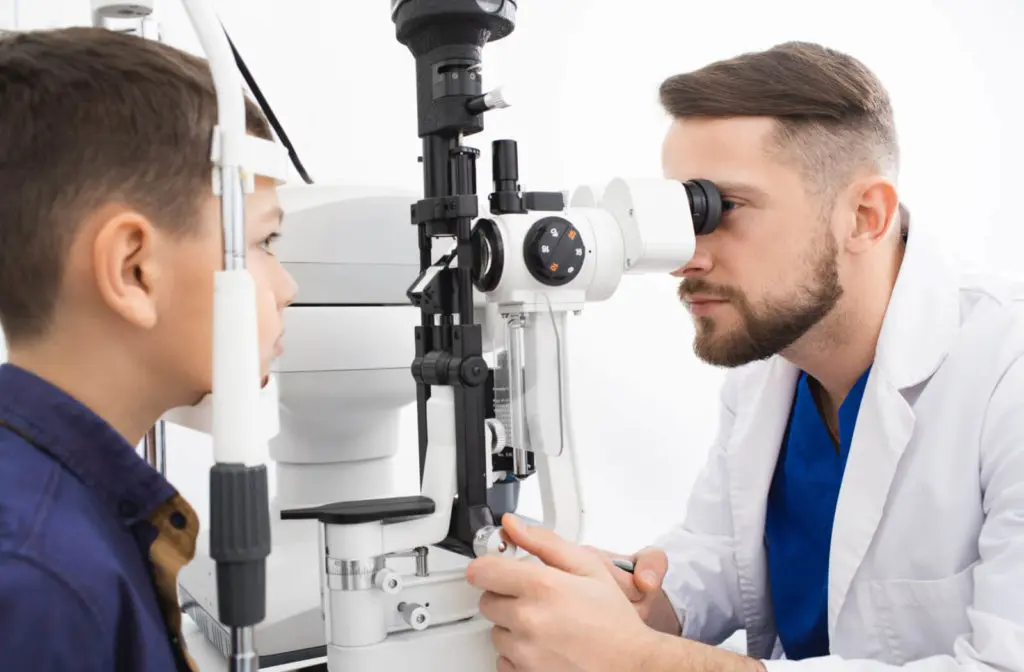
Study on the Link Between Myopia and Connective Tissue Elasticity
Introduction A large-scale study conducted in Israel found that adolescents with myopia had a higher incidence of musculoskeletal issues such as hernias, scoliosis, and flat feet compared with those without nearsightedness. This discovery opens up a new perspective: myopia may not only be a refractive condition of the eye but could also reflect a systemic […]

Why Do Some People Develop Corneal Scars After Vision Correction Surgery?
What Is a Corneal Scar? A corneal scar occurs when fibrous tissue forms on the cornea—the transparent front layer of the eye—after an injury. When the cornea becomes inflamed, scratched, or affected by deep surgical intervention, this fibrous tissue replaces the natural clear tissue, causing blurred or distorted vision. The impact of a corneal scar […]

Farewell to Thick Glasses with Phakic ICL – Trang’s Journey to Restore Her Natural Vision
From Thick Glasses to Natural Vision – Trang’s Journey with Phakic ICL Trang, 28 years old and living in Hanoi, suffered from severe myopia of -6.5 diopters with astigmatism. Since her student days, she had become accustomed to wearing glasses every day. To feel more confident at work and in social settings, she initially switched […]
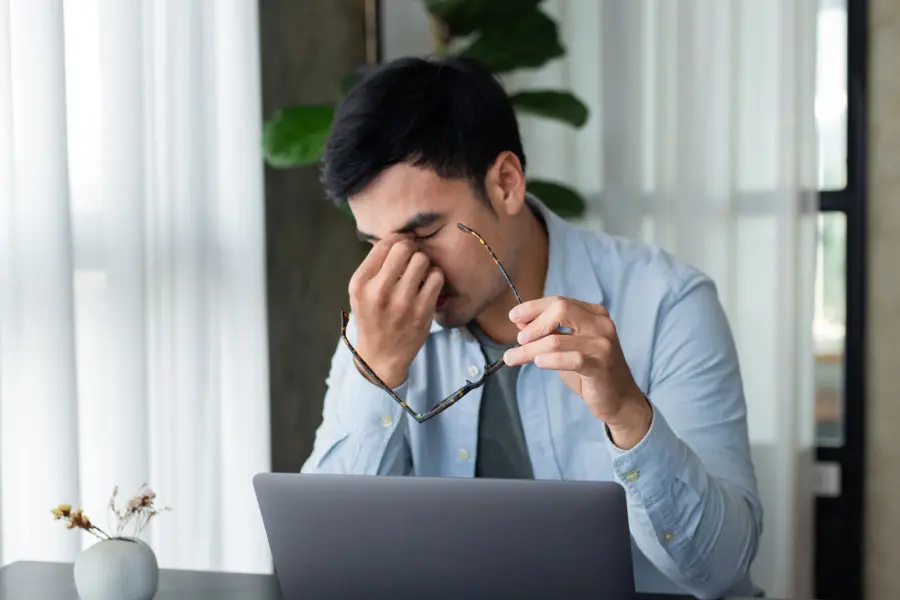
How to Slow Down Myopia Progression After Turning 40
How to Slow Down Myopia Progression After Turning 40 As people enter their 40s, many begin to notice that their eyesight isn’t as sharp as before, especially when reading or working on digital devices. This natural change occurs because the lens inside the eye gradually loses its flexibility, making it harder to focus on near […]

Bad Habits Forcing Nearly 5 Million Children to Wear Glasses
Alarming Reality of Refractive Errors in Schoolchildren According to statistics from the Vietnam Ophthalmology Council (2024), around 5 million children—accounting for 30–40% of school-age students—are affected by refractive errors such as nearsightedness, farsightedness, and astigmatism, with myopia being the most common. In major cities like Hanoi and Ho Chi Minh City, this rate exceeds 50%, […]
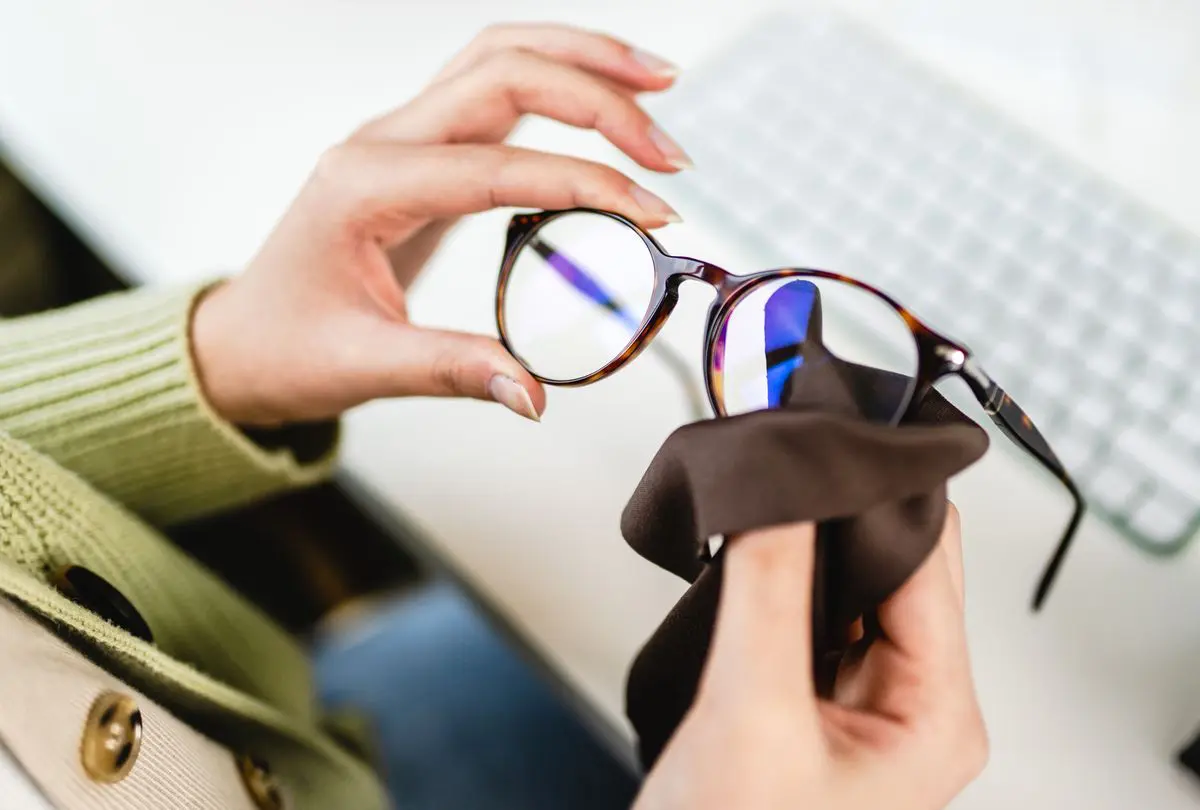
Does Wearing Glasses Regularly Reduce or Increase Myopia?
Introduction Many people often wonder: “Does wearing glasses regularly make your eyesight weaker or cause your nearsightedness to worsen faster?” In fact, wearing or not wearing glasses frequently is not the only factor that determines whether your myopia increases or decreases. More importantly, it depends on the degree of myopia, your daily visual habits, and […]

 vi
vi